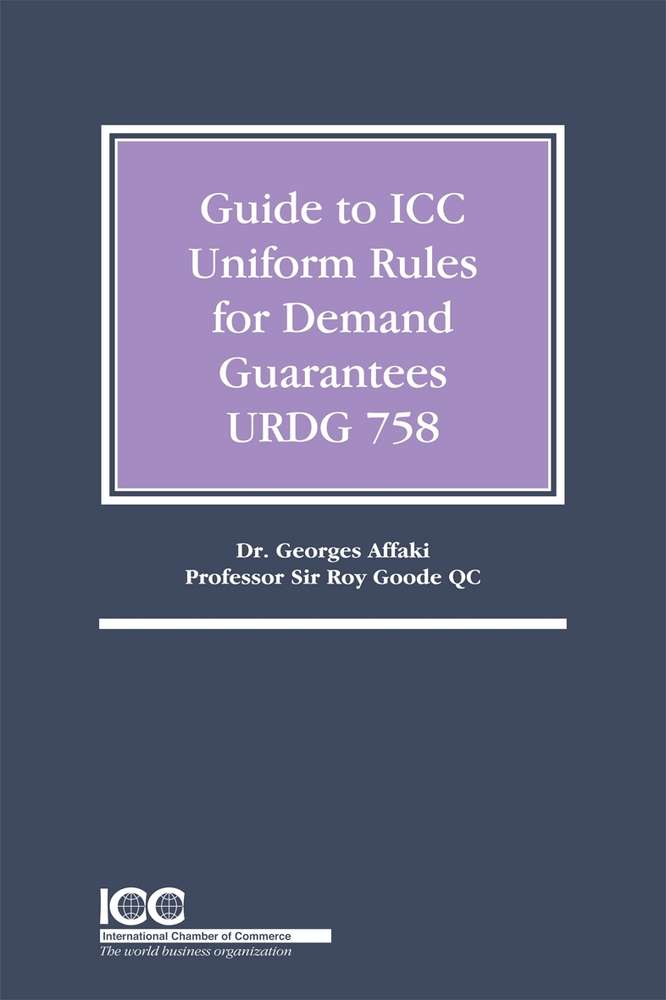Uniform Rules for Demand Guarantees URDG Explained

Contents
Uniform Rules for Demand Guarantees (URDG) Explained
What Are the Uniform Rules for Demand Guarantees (URDG)?
The Uniform Rules for Demand Guarantees (URDG) are international guidelines produced by the International Chamber of Commerce (ICC) and adopted in 1991. These guidelines govern securing payments and meeting performance guarantees in contracts among global trading partners.
In general, the URDG guidelines outline the rights and obligations of parties under demand guarantees. A demand guarantee is a type of protection that one party in a transaction can impose on another party if the second party does not perform according to predefined specifications.
Many bankers, traders, and industry associations recognize and accept the URDG because it attempts to balance the interests of all parties involved in various types of international contracts.
Key Takeaways
- The URDG are international guidelines produced by the ICC and adopted in 1991.
- These guidelines govern securing payments and meeting performance guarantees in contracts among global trading partners.
- Bankers, traders, and industry associations recognize and accept the URDG because it attempts to balance the interests of all parties involved in various types of international contracts.
Both the World Bank and the United Nations Commission on International Trade Law (UNCITRAL) have adopted the URDG standard.
Understanding the URDG
The URDG covers contract guarantees in industries such as banking and construction.
Most commonly, the URDG covers demand guarantees, which are specific rights or countermeasures one party can impose on another party if the second party does not perform according to contract specifications.
The URDG also applies to agreements requiring the decision of an arbitrator, as well as some contracts that involve slightly more complex agreements, such as situations dealing with the default of one of the parties.
The URDG works with other ICC rules, including the Uniform Customs and Practice for Documentary Credits (UCP 600) and the Uniform Rules for Bank Payment Obligations. Voluntarily abiding by the URDG and its related rules helps improve the speed and volume of trade and avoid disputes without going to court.
The publication "ICC Uniform Rules for Demand Guarantees Including Model Forms" is the comprehensive guide for understanding the URDG guidelines. It includes ready-to-use templates and forms, rules for handling extended payments, and checklists and best practices.
The most significant update to the URDG occurred in 2010 with URDG 758. This update attempted to clarify common issues, such as payment contingencies, and provided guidance for handling electronic documents and fund transfers. It also introduced additional model forms.
The ICC worked on writing URDG 758 for more than two years, taking into account feedback from various groups and roughly 600 individual comments. The new rules aim to reduce conflicts and contract rejections, bring financial stability to international markets, provide guidance for "contentious practices," and include new definitions and rules interpretations.



